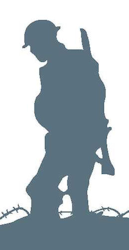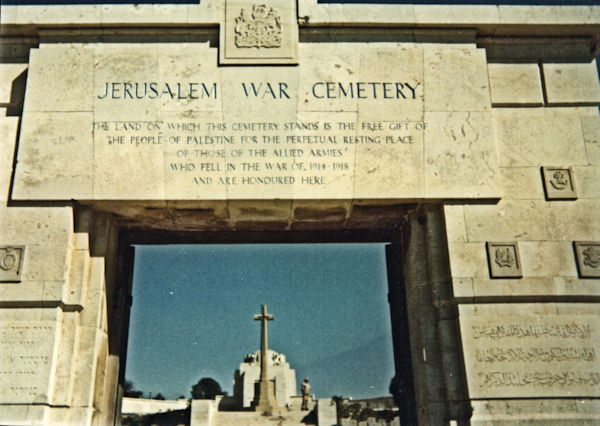Name
Harry Farr Yeatman
Conflict
First World War
Date of Death / Age
21/11/1917
37
Rank, Service Number & Service Details
Captain
Dorset Yeomanry
Awards: Service Medals/Honour Awards
1914 /15 Star, British War and Victory medals
Cemetery/Memorial: Name/Reference/Country
JERUSALEM WAR CEMETERY
E 56
Israel and Palestine (including Gaza)
Headstone Inscription
Not Researched
UK & Other Memorials
Northaw Village Memorial
Pre War
He was born on 26/11/1879 in Iwerne Minster, Dorset, the middle child of three, of Henry, a retired Naval Captain and Charlotte. His uncle was Bishop of Worcester.
The family were living in Dorset. In 1891, he was now living with his widowed mother and two sisters near Bath. He attended Winchester College and in 1898 went to Magdalen College, Oxford, graduating in 1902 with Second Class Honours in Classical Moderations and Jurisprudence.
In 1906 he entered the firm of Messrs. Trower, Still, Freeling and Parken, solicitors, of 5 New Square, Lincoln’s Inn, and afterwards took the additional degree of BCL. He was later in the Public Trustee Office. At the outbreak of war he joined the Inns of Court OTC and later obtained a commission in the Dorset Yeomanry.
Wartime Service
Additional Information
We have not found a connection with Northaw or immediate area, although there was a family of Yeatmans living in South Mymms in 1901, but we have not yet connected them to him.
Acknowledgments
www.winchestercollegeatwar.com, Brian Lodge



